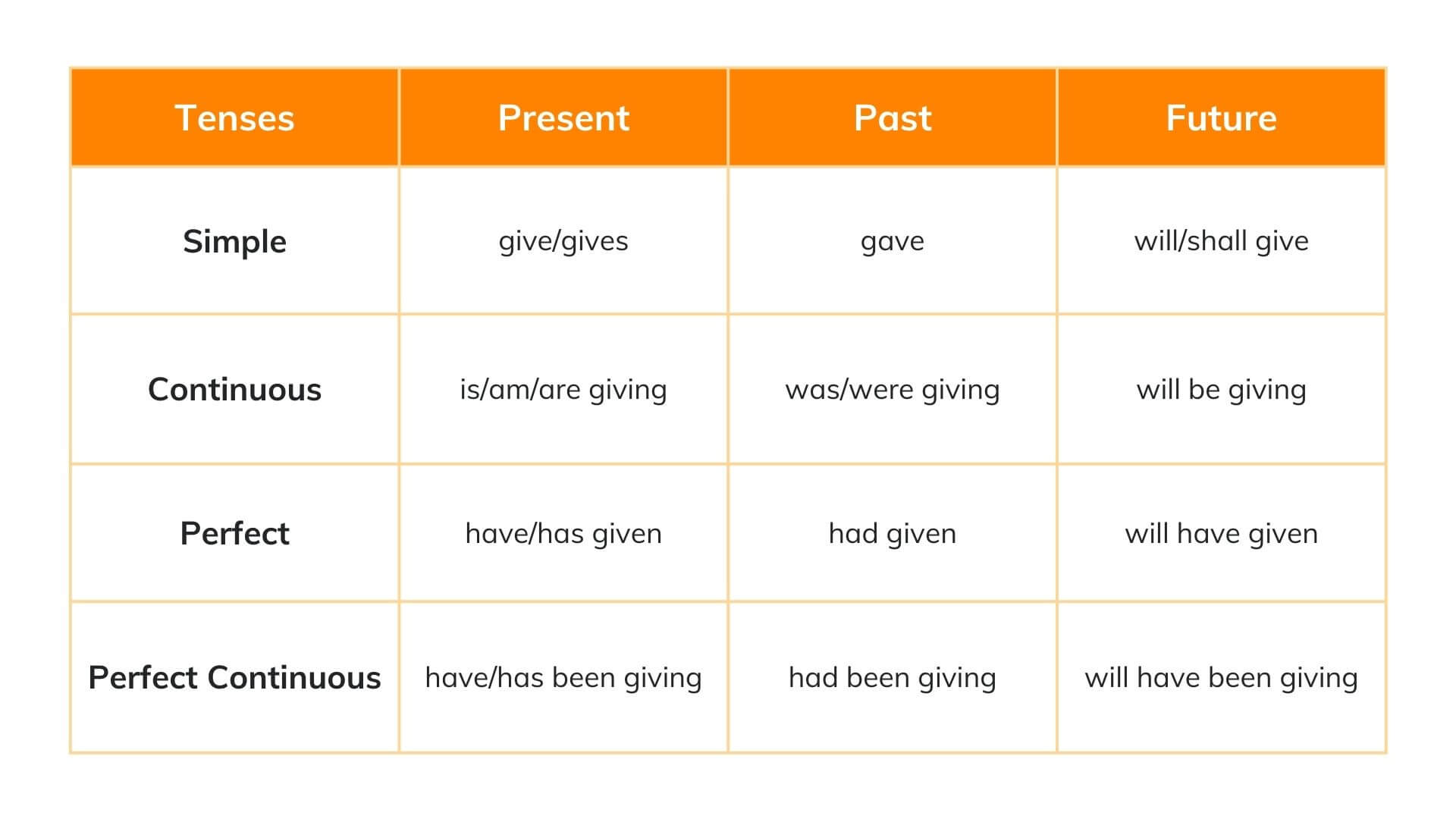
Grammar Lessons: Simple Guide on How to Use Punctuations
Let’s unlock the mysteries of English punctuation – those small yet impactful symbols in English grammar. Get ready to improve your English writing skills to write a well-punctuated masterpiece!






